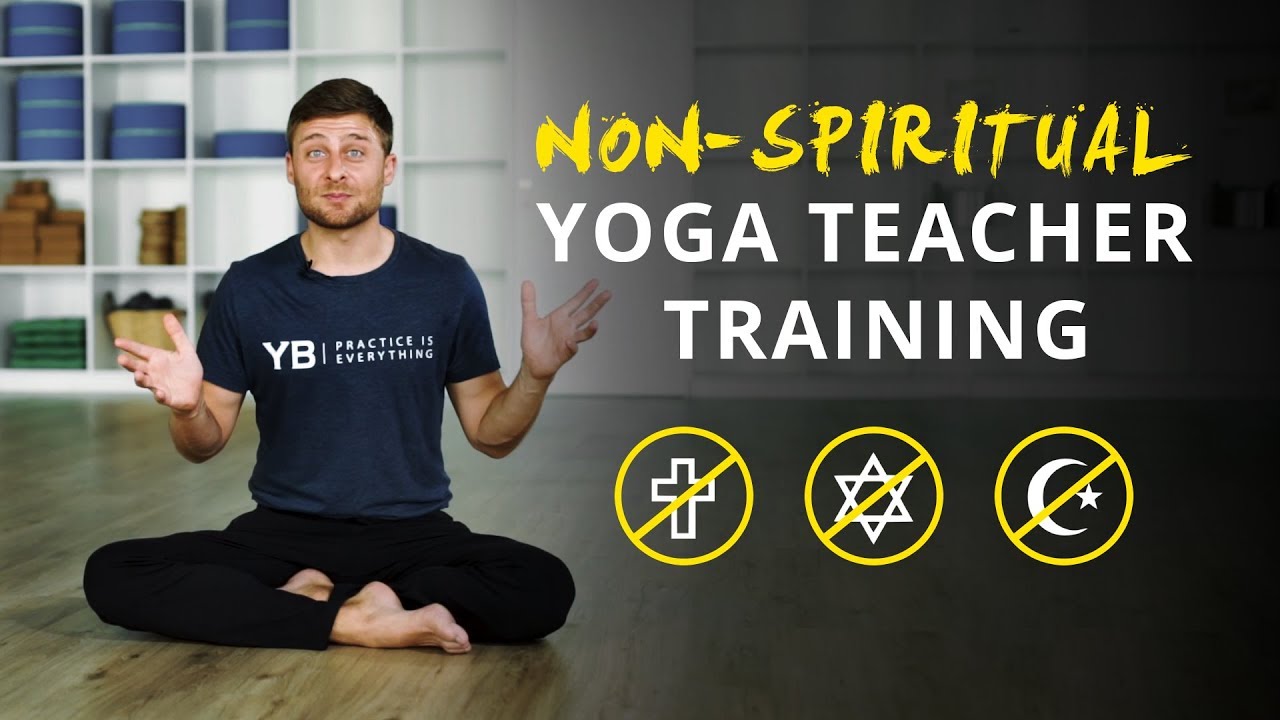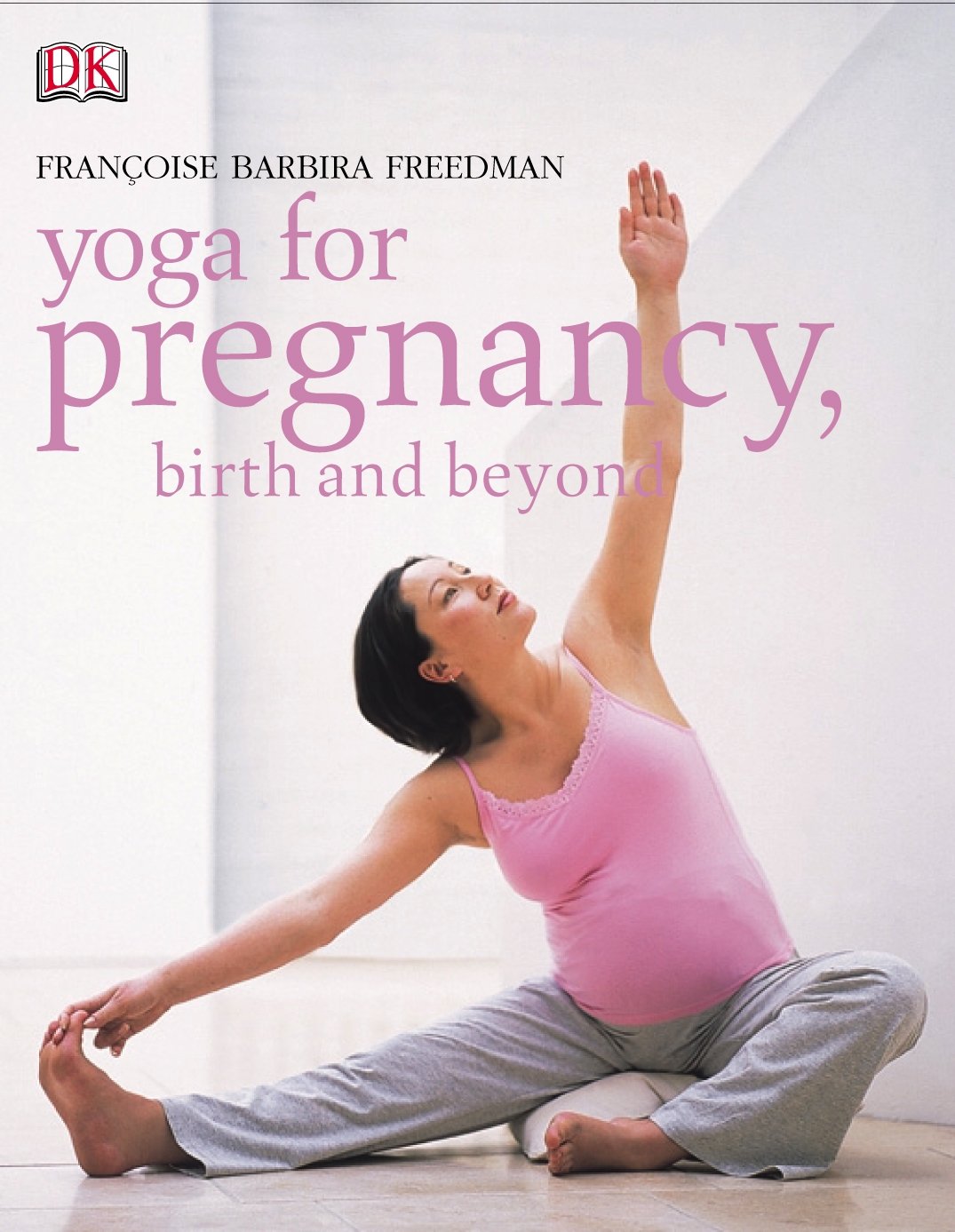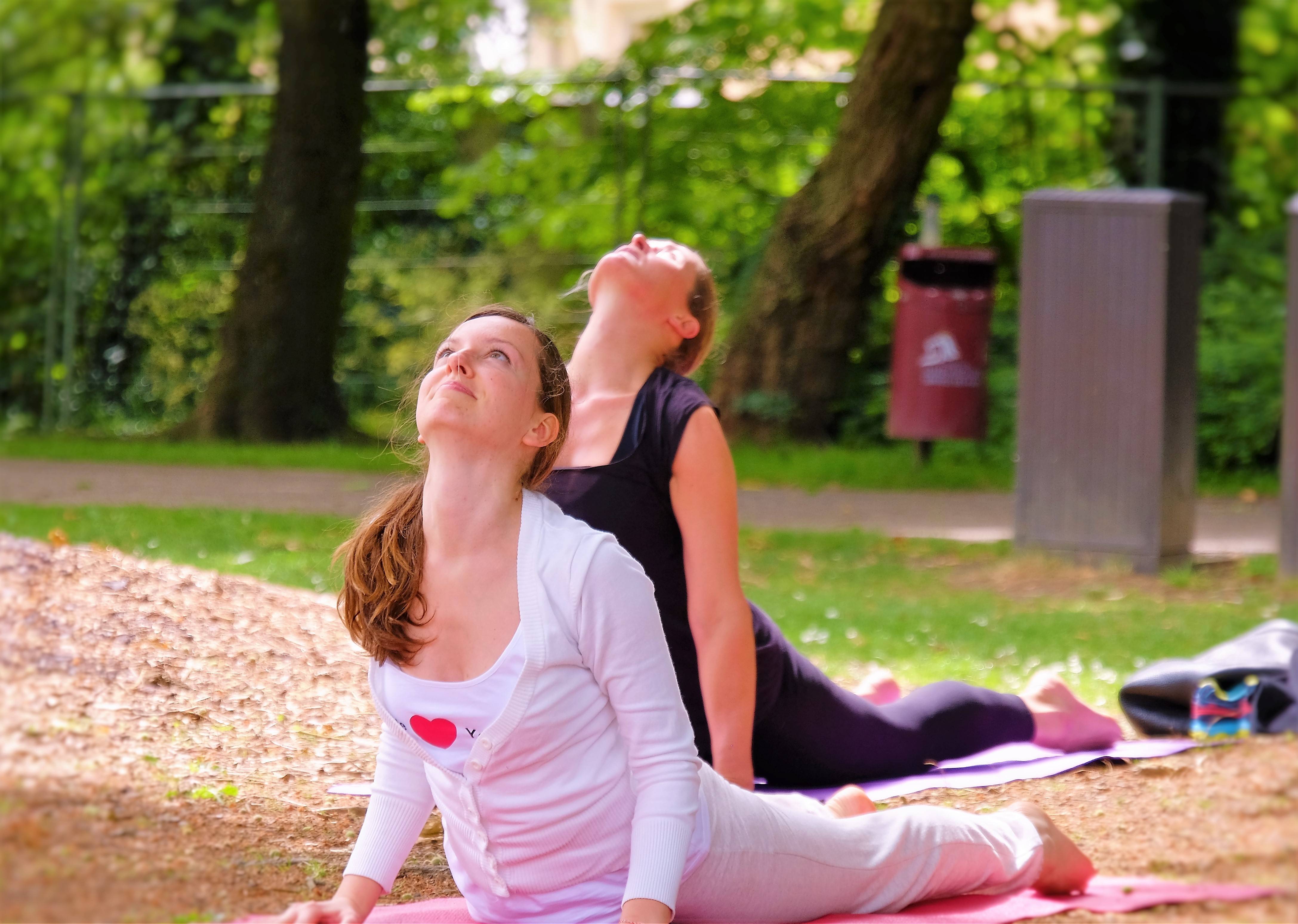
Hatha yoga offers great exercises for the body. Hatha yoga emphasizes the spine and internal organs rather than the muscles and joints. These poses require less oxygen and consume less energy. This reduces wear and tear. A good Hatha class can help improve your posture, reduce stiffness, and strengthen your spine. For beginners, it can be difficult to perform a wide range of poses.
Hatha yoga, a gentle exercise that emphasizes breath and gentle movement, is known as Hatha Yoga. The goal is to find unity and balance in your life by connecting with your breath. There are many classes in Hatha Yoga that you can find at various fitness studios. They often include meditation and chanting as well as stretching. A great hatha Yoga class will also have a warmup routine to ensure you are ready to do each pose.
When it comes to practicing Hatha Yoga, it's essential to remember that the goal is to achieve Self-realization. It's not about having superhuman powers, it's about getting rid of your false identity. Even though Hatha yoga is often practiced with positive intentions, there is a good chance that it will lead to a negative outcome. You might even be tempted to practice it with a bad intention.

Hatha yoga has another advantage: it improves mental health. Harvard Medical School acknowledged the health benefits of this practice. As part of a 75-90 minute class, participants engage in guided breathing techniques. These exercises directly impact the nervous system and the life force energy. Breathing properly will stimulate and relax your mind. Hatha yoga can help with weight loss.
Pranayama (or Hatha yoga) is the foundation of Hatha yoga. It is a series of breathing exercises that helps you release your life force. It promotes physical and mental health. Pranayama can be incorporated into regular Hatha yoga practice in order to increase its benefits. Your body will experience a state of unbrokenness when you practice pranayama. You'll find it easier to relax, and you will feel more connected to your emotions.
Hatha yoga can be described as a form or exercise that strengthens the muscles and increases flexibility. It is a great way to manage stress and depression. To master all the poses, patience is required. The benefits of hatha yoga are numerous. Hatha yoga can help you reduce anxiety, depression, and increase your strength and flexibility. It's a great way to relax your body and mind. It is not for everyone. You may find that you need a professional instructor or just learn from a friend.
Hatha yoga can be considered a type of yoga. However, there are some differences. A hatha class generally focuses on static, basic poses. Hatha is an excellent way to increase your overall mood. While it is great for both the mind and body, it's important to find a class that you enjoy. It will help to achieve your goals, and it will keep you focused.

Hatha yoga classes have a slower pace and emphasize alignment. They are very different to vinyasa classes that move quickly through a series or poses. With hatha, the poses are taught slowly with guidance on proper form. Hatha yoga, unlike vinyasa is a form physical discipline. It can improve balance, strength, health, and well-being. It can help you focus and manage stress.
Hatha yoga is a very popular form of exercise. The poses are very easy and accessible for beginners. The purpose of the poses is to increase core strength and flexibility. Both are vital for good posture. There are actually hundreds of different poses to hatha yoga. A hatha class typically includes beginner's yoga exercises followed by a relaxation period. If you're interested in learning more about the benefits of hatha yoga, make sure to visit a local studio or class near you.
Hatha yoga, a slow and peaceful form of exercise, is an excellent choice. It's a great form of exercise for beginners. You will be able to improve your balance with hatha Yoga classes. Hatha yoga has a slower pace which will help you improve posture. It can increase your strength and flexibility. It doesn’t matter if someone is a beginner, or a seasoned practitioner of yoga, it’s important that you find a class to suit your needs.
FAQ
Is it possible to go to the gym every day of the week?
You can go to your gym seven days a semaine, but not simultaneously. It is important to find a time and place where you can exercise without feeling tired or exhausted.
This will help you remain motivated and have more energy to do other activities.
You also need to ensure that you eat well enough during these times. This will ensure you don't feel tired and sluggish when going to the gym.
And lastly, you need to ensure that there isn't anything else competing for your time. You might want to avoid working out on school nights if you have kids. They can distract you from your exercise routine.
What diet supplement is best to lose weight?
It is important to exercise and eat right in order to lose weight. Some people find that supplements can help them along the journey.
Research suggests that omega-3 fats may aid in weight loss. Omega-3s are essential fats that are important for brain function and cell membrane integrity. They are found in fish like salmon, tuna, shrimp and cod liver oil.
Green tea is being studied for its potential benefits in weight loss. Green tea is rich in catechins, antioxidants which may boost metabolism and aid weight loss.
Is it true, that too much protein can cause kidney stones?
Protein is important for maintaining healthy bones and tissue. But consuming too much protein can lead to calcium excretion through urine. This can cause kidney stones.
It's important to note that not everyone gets kidney stones after eating more than 2 grams of protein per kilogram (2.2 pounds) of body weight. People can eat large amounts of protein and not get kidney stones.
By watching how much sodium you consume, kidney stones can be prevented. The kidneys regulate the amount of sodium they consume. Too much sodium results in a higher risk of developing kidney stones.
You can also reduce your intake of proteins if you develop kidney stones. The majority of adults need protein for half their daily caloric needs. Reduce your intake of protein and you will likely lose weight.
If you do decide to eat more protein, don't go overboard. Do not eat more than 20% of your daily calories from protein.
Do I need to exercise every morning?
No! Do at least 30 minutes of moderate intensity physical activity five days a week. This means that you should be able to walk fast enough to feel slightly out of breath, or bike hard enough to sweat.
How fast can I transform myself?
You must change your mindset. It is important to first make the decision to change.
Once you have decided that you want to change, then you need to commit yourself to work on your fitness goals for at least 3 months.
Then you need to find a program that fits into your lifestyle.
Realistic expectations are also important. You shouldn't waste money on a gym membership that doesn't allow you to put in the effort and time required to reach your goals.
Instead, use your own free time to exercise outdoors.
Spend an hour walking around the block every day and you will burn enough calories to lose 1 lb each week.
Now that you know what you're going to do start planning how you will organize your life to fit this new plan.
This includes scheduling a time to exercise each morning before you leave for work and taking breaks throughout the day so that you can move.
Reward yourself for reaching milestones. You can buy accessories and clothes that reflect your success.
How many calories should you consume each day?
This varies from person to person. An average person needs 2000-2500 calories per day. Based on your age, gender, height and activity level, you will need to calculate how many calories you require.
Do I have to exercise while drinking alcohol?
Yes. Alcohol increases energy expenditure, speeds up recovery times, and reduces soreness.
Additionally, alcohol can increase insulin sensitivity and make it easier to absorb glucose.
Dehydration can result from alcohol, which can affect your metabolism. Also, alcohol can reduce testosterone production, which may lead to lower muscle-building potential.
This is why women shouldn't have alcoholic drinks before exercising. Women who drink heavily should wait at LEAST 24 hours before they start working out.
It is important that women who are nursing avoid alcohol.
Men should have no more than one drink per day.
Statistics
- Candidates and applicants must pass all four tests at 70% (minimum level) to graduate from Basic Deputy U.S. Marshal (BDUSM) Training. (usmarshals.gov)
- An estimated calorie range for moderately active adult males falls between 2,200 to 2,800 calories per day, depending on age. (eatright.org)
- The PRS enabled risk stratification for overall prostate cancer and lethal disease with a four-fold difference between men in the highest and lowest quartiles (HR, 4.32; 95% confidence interval [CI], 3.16-5.89). (pubmed.ncbi.nlm.nih.gov)
- According to the American Heart Association, blood pressure should be checked at least once every two years, beginning at age 20. (my.clevelandclinic.org)
- 10 pounds in a month is likely during a lean bulking phase, especially for beginners. (muscleandstrength.com)
External Links
How To
How can I burn fat and exercise?
Exercise burns calories through increased metabolism and oxygen consumption.
At moderate intensity, you will lose weight easily.
These tips will help you burn fat and keep fit while exercising.
-
Cardio exercises like walking, running (or jogging), swimming, cycling, running, and/or elliptical training are all good options.
-
For 30 minutes, do it three times a week.
-
Add strength training to your workouts if you are looking to lose more weight.
-
Avoid intense workouts. You can build muscle and not break down muscle tissue.
-
Keep hydrated during exercise. Water is essential for flushing out toxins and keeping your body hydrated.
-
Choose low-fat protein shakes after working out. Protein shakes repair muscles and increase energy.
-
Take smaller meals throughout each day to avoid feeling hungry.
-
Don't skip breakfast! Skipping breakfast can lead to fatigue and sluggishness.
-
Take care of your mind. Stressful situations may slow down your metabolism.
-
Keep a positive attitude. Studies show that people who believe they're overweight gain more weight than those who think they look pleasing.
-
Get enough sleep. It is harder to lose fat if you don't get enough sleep.
-
Keep active. Get up every hour and get moving.
-
Maintain a healthy diet. Eat right to feel satisfied and full for longer.
-
Find relaxation techniques. Tenseness can cause stress hormones to break down muscle tissue.
A balanced diet contains all necessary nutrients for growth and development.
Six small meals per day is better than three large meals. This allows your body to properly digest what you have eaten.
You need about 500 milligrams of calcium daily to maintain strong bones. Calcium is available in dairy products like milk, yogurt, fortified soy beverages, orange juice, cereal, bread, and cereals.
Calcium is found in leafy vegetables, beans and tofu, as well nuts, seeds and cheese.
Vitamin D is required by the body to absorb calcium. Vitamin D can be found in egg yolk, fatty fish, and other fortified foods.
Vitamin E is important for skin health. Vitamin E can also be found in vegetable oil, wheat germ oils, peanuts as well almonds, sunflower seeds and corn.
Your body requires zinc to function normally and for wound healing. Zinc can also be found in legumes, oysters, meats and whole grains.
Zinc deficiencies can lead to fatigue, decreased appetite, depression, and reduced immunity.
Consuming too much sugar can cause insulin resistance. This causes an increase in blood glucose levels. Insulin resistance causes weight gain.
Insulin resistance occurs when the bloodstream is full of free radicals. Free radicals can be molecules with unpaired electrons that cause damage to cell membranes.
Food additives, pesticides and herbicides, as well as preservatives, smoking and radiation are all sources of free radicals.
Free radical damage may lead to cancer, heart disease diabetes, arthritis, asthma and other conditions.
The best way to avoid free radicals is to eat a balanced diet high in antioxidants. Antioxidants protect against oxidative damage.
Vitamin C can be found in citrus fruits. Beta carotene can be found in carrots. Sweet potatoes. Tomatoes. Carrots. Sweet potatoes. Spinach. Broccoli. Cantaloupe. Vitamin E is found in nuts. Olive oil, avocados.
Other antioxidant nutrients include selenium, copper, manganese, and zinc.
Selenium protects cells from free radical damage. Selenium is also found in Brazil nuts.
Copper protects eyes, brain, lungs and red cells. Copper can be found in shellfish and poultry as well as meat and organ meats.
Manganese is an essential component of bone structure. Manganese may be found in brown rice or spinach, bananas and prunes as well raisins, oatmeal and lentils.
Zinc is necessary for average growth, reproduction, and wound healing. Zn is found in lean cuts of meat, white fish, poultry, and eggs.